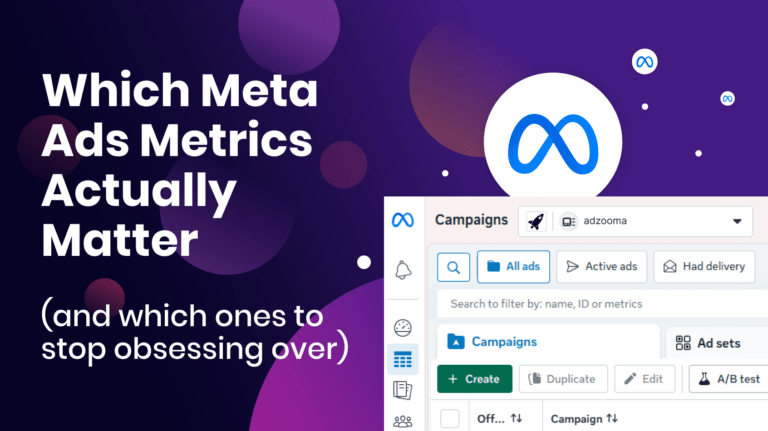The last decade has seen significant changes in internet search technology that will significantly impact an online business’s web presence. In addition, semantics, the meaning of words known in this context as schema markup or structured data, has developed considerably during the internet’s existence. This article will explore some of those changes and ways businesses with an online presence can adapt to them.
Improving Search Technology
Since 1995, search engines have worked by providing a list of possible answers to typed questions. The words would present several results, and then the user would assess which one has what they are looking for. In the past, search engine algorithms could be exploited with various tricks to artificially raise the position of your website in the search ranking, even if it didn’t have the information related to the query. These techniques created significant spam surrounding search results and a weak user experience. Google works to end this, protecting the user experience and ensuring more accurate, natural results.
In the mid-2000s, Google, Yahoo! and MSN worked together to develop Schema.org. With this semantic web now here, a fundamental lexicon of terms was created to describe websites and associated activities.
The Google Hummingbird Algorithm in 2013 made semantics, content and meaning important and started rewarding websites that used Schema and semantic markup with higher rankings. Since 2013, this has been developed further with amazing innovations such as AI to reward user experience and punish excessive monetisation.
Origins of Schema
2011 was another important year for search engine companies. Working together, various companies such as Google created a vocabulary that allows our machines to understand online content. Schema ontological framework was the result of this work. This computer-friendly language uses certain markups to present the web page’s content entirely within the metadata.
Scheme.org is a universal semantic language for users who mark up their content with computer-readable data. Schema is based on the original standard for metadata, Resource Description Framework (RDF), so it can easily be connected to various other ontologies (content designed for a purpose) with their own URIs (Uniform Resource Identifiers; tools to distinguish one web page element from another). Despite the similarities, URIs are different to URLs. URLs identify web addresses to entities, but the URI can tell one entity apart from another, something essential for search engines.
Semantics and Entities
Semantic searches consist of three elements:
- URI (address)
- RDF (translator)
- Ontology (context)
Entities within a semantic web are these fixed points surrounded by other data related to your web presence. By deciding to invest in semantics, big search engine companies have changed the nature of internet searches forever. Where before, you could trick the system, now it is one based on nodes that promote:
- Authority
- Trust
- Reputation
- Influence
This means that the websites promoting businesses must be consistent, reliable, easy to access and useful for the viewer.
An entity can have multiple semantic statements attached to its nodes or URIs. These statements are labels that provide the information computers need to understand it, and statements are used to explain data relationships with that entity. This makes the language used to describe a business vitally important when promoting it online.
Any straplines, themes, identity and key concepts should all relate to the URIs to support and build on them and create a clear view of your company’s online presence. Actions such as these will significantly raise your business’s web presence in related search engine results.
The quality of semantic statements is directly connected to the quality and authority of referenced elements such as ROIs, nodes and more. A statement will describe an entity within a wider discussion of meaning, context and relevance.
Keywords Without Context
Keywords are a well-known tool when creating web page content, and they help match the requested search with the most appropriate information across the internet. However, keyword searches can be highly inaccurate when they are limited to lines of text. Without context, these searches won’t consider ambiguity, synonyms or other issues that will provide vague search results. This is how the situation was before the Google Hummingbird algorithm was implemented.
Optimised Websites With Schema
Semantic markup is a highly recommended tool to ensure your web presence is found more often by search engine users looking for what you supply. In addition, it can significantly improve the end-user experience by increasing the accuracy of the search results and creating an increased sense of trust and authority between the viewer and your business.
Search engines require businesses to look at their websites for substance over tricks. Context and meaning are sorted by the powerful AI software within the big, popular search engines, with the contents of your site being translated into entities connected by their meaning. Keeping this in mind when optimising your site will dramatically improve your brand’s visibility online and draw more business to you than your competitors. Contact us to discuss any questions you might have about schema.




